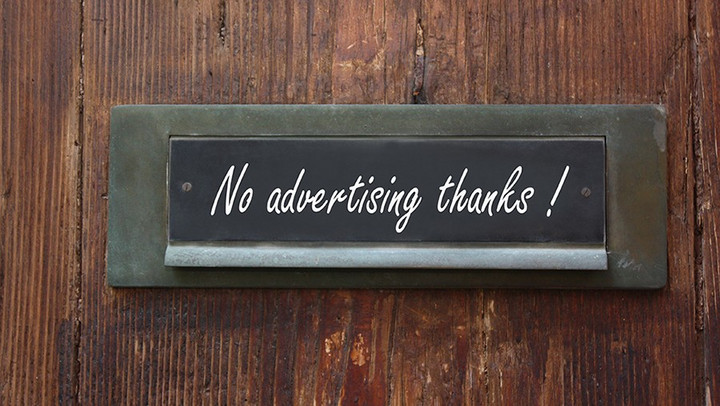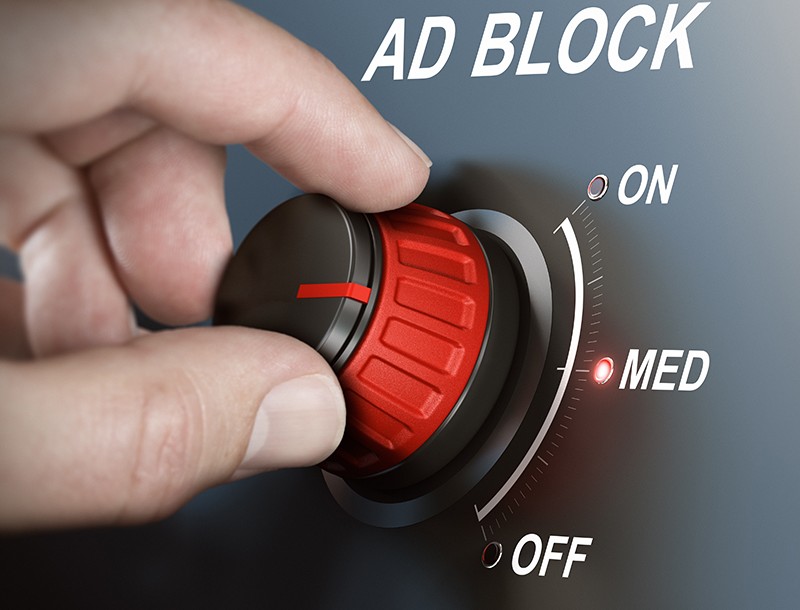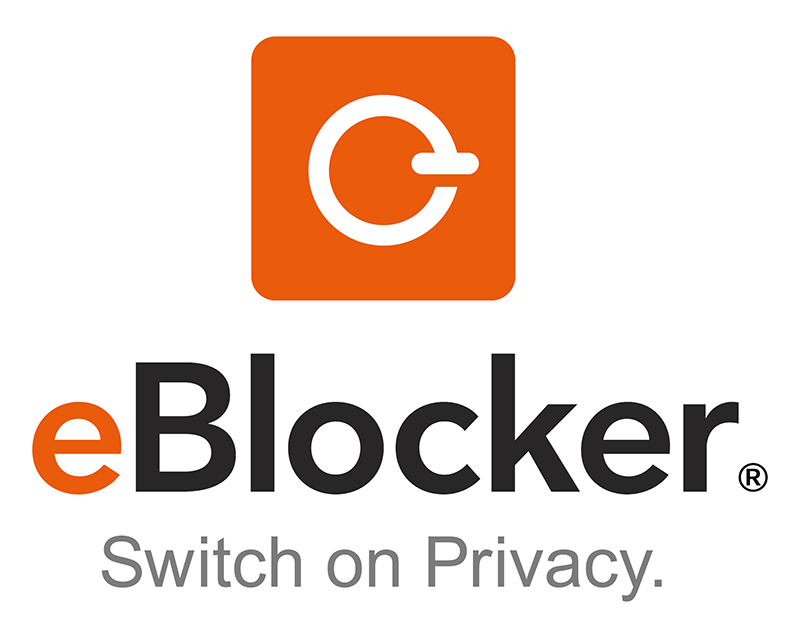The Pros and Cons of Ad Blocking - Finding the Balance
dotmagazine interviews stakeholders from both sides of the ad blocking debate – Christian Bennefeld from eBlocker and Joerg Muehle from the publisher Heise Medien – to look at how the best interests of users can be served in online advertising.

© nobtis | istockphoto.com
Joerg Muehle, Heise Medien
Christian Bennefeld, eBlocker
DOTMAGAZINE: What are the pros and cons of ad blocking?
JOERG MUEHLE:
Pros:
- the user might not be disturbed through online ads while reading content
- the user might have the feeling that he/she cannot be attacked through the backdoor of online ads
- the privacy of the user is more protected
Cons:
- the publisher cannot monetize its website in the way it has to
- hard for smaller publishers to launch and/or finance a website
-may strengthen the user’s opinion that online content is completely free of charge
CHRISTIAN BENNEFELD:
eBlocker is not a regular ad blocker. We only block those trackers and ads that collect surfing habits and are profiling the user. So eBlocker does not block any ads that are not based on user profiles, i.e. direct placements with the publisher. The advantage of this approach is peaceful coexistence with the publishing industry as there is no “must be” for behavioral targeting, while still preserving users’ rights to privacy.
DOT: How do you respond to the suggestion that online advertising is an invasion of users’ privacy?
MUEHLE: Online advertising, just like print advertising, has been a part of the publishing industry for more than 100 years. Of course Big Data, tracking, re-targeting etc. add another dimension to advertising than existed for ads in the pre-online world. At the end of the day, it’s up to the user what to accept and what to share in the digital ecosystem. Today there are technical tools and laws to protect your privacy.
BENNEFELD: Today about 50% of the ads are based on user profiles which are mostly collected without users’ knowledge or consent. According to studies we’ve conducted in different business areas, we have very rarely seen any website that obeys the German privacy laws. In particular, most data collectors from the advertising industry are not mentioned in the website’s privacy policy, and the mandatory and lawful opt-out possibility is not given. This is a clear breach of German laws and therefore an illegal invasion of users’ privacy.

© Hipspeeds | istockphoto.com
DOT: How do you see the argument that ads provide necessary revenues for publishers and website owners to provide freely available content?
MUEHLE: I totally agree with this. Today, many users think that online publishing must be so much cheaper for publishers than print publishing – “you don’t have to cut trees, print and distribute magazines”. But let’s face the facts: to have a proper online editorial team plus a web tech team, plus an IT infrastructure and a sales organization in place, is at least as money-consuming as publishing a print magazine. On top of that, most websites do not charge users for reading the content – so advertising money is more or less the only way to monetize the website.
BENNEFELD: In the past, publishers made good online revenue without massively collecting profiles too. Therefore it’s not a must to publish ads based on users’ profiles – and eBlocker is not harming this business model at all. Of course, today’s usage of regular ad blockers that are passing certain “nonintrusive” ads, if the publisher pays for it, is a highly questionable business model we do not support. This model might harm publishers’ revenues, but it’s quite dubious to conclude this will end freely available content. This will surely not be the case.
DOT: Does online advertising pose an increased cybersecurity threat to users or website owners?
MUEHLE: There is a possibility that online ads could be used as a vehicle for a cyber attack – yes. But in the 21 years of heise online we have had ONE reported incident caused by an online ad. IT security is such a broad topic and threat that it can occur every day and every second – not only through online ads.
BENNEFELD: In the past, there have been several severe security breaches caused by malware distribution through online ads. Users are always better off without any third party ads that might harm their security. Website owners do not usually see a higher security risk through advertising malware (“malvertising”), but there is a risk of legal action from affected users for accidental malware distribution.

© pressureUA | istockphoto.com
DOT: What best practices would you recommend for online advertisers, to ensure that the best interests of users are served?
MUEHLE: Think first about the topic and the content with which you would like to address the users! Avoid overly aggressive marketing wording and ads without a message to the users. Think upfront about where you want to place your ads and try to focus the message to the users of these websites. Also, ensure that your landing page fits the needs of desktop and mobile users.
BENNEFELD: Firstly, all publishers should be transparent about the data collection and only collect profiles in accordance with the laws. Secondly – and in preparation for the upcoming GDPR – European publishers should rather ask for users’ consent in profile collection in exchange for valuable content. Thirdly there is no need for profile-based advertising and publishers should give the option to the user of whether he/she wants behaviorally targeted ads or just “regular” ads in topic related content areas, like in the past.
DOT: Thank you both for your time!
Joerg Muehle is responsible for the Sales & Solutions Department and Heise Events at Heise Medien. He has been in the Publishing and Advertising Sales industry for nearly 30 years, and in the ICT Publishing industry since the late nineties.
Christian Bennefeld is co-founder and CEO of eBlocker, based in Hamburg, Germany. He has held various managing positions at international software companies. In 2000, he founded etracker.com and ran it until 2013 as a European leader in website-analytics and online-marketing optimization. With eBlocker.com, he now focuses all his power on data protection and Internet privacy.
Please note: The opinions expressed in Industry Insights published by dotmagazine are the author’s own and do not reflect the view of the publisher, eco – Association of the Internet Industry.





